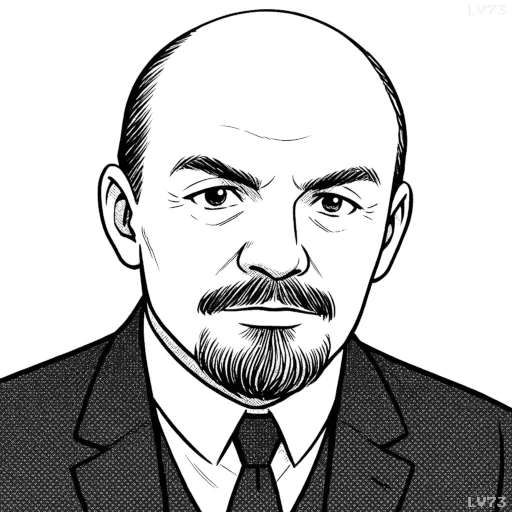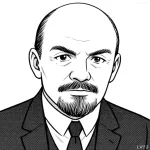“Fascism is capitalism in decay.”

- April 22, 1870 – January 21, 1924
- Born in the Russian Empire
- Revolutionary, political theorist, lawyer, state leader
table of contents
Quote
“Fascism is capitalism in decay.”
Explanation
In this quote, Lenin argues that fascism is the inevitable response of capitalism when it faces crisis or decay. He sees fascism not as an aberration or a separate system, but as an expression of capitalism’s desperate attempt to maintain control during times of deep economic and social upheaval. According to Lenin, when capitalism reaches its final stages of crisis, the capitalist class resorts to authoritarian measures, violent repression, and the destruction of democratic institutions to preserve its power. Fascism, in this sense, is not a radical departure from capitalism but capitalism’s last, extreme form of survival, where state power becomes more overtly coercive and brutal** to protect the interests of the ruling class.
Historically, Lenin’s view was shaped by the rise of fascism in Europe during the 1920s and 1930s, particularly the fascist regimes of Mussolini in Italy and Hitler in Germany. These regimes emerged in response to capitalism’s crisis after World War I, economic instability, and the rise of socialist movements. Lenin saw fascism as a reactionary force, deployed by the capitalist elites to crush the revolutionary potential of the working class and to prevent socialist revolutions. Fascism, in his view, was a tool of the bourgeoisie to maintain its control when traditional democratic and capitalist structures began to break down.
In modern terms, this quote remains relevant in critiques of authoritarian regimes and economic systems that rely on state power to suppress opposition and protect capitalist interests. Fascism’s rise often coincides with economic crises, inequality, and social unrest, and Lenin’s framework offers a lens through which to analyze modern populist authoritarian movements. It raises important questions about the role of the state in protecting capitalism and how capitalism’s contradictions — particularly economic inequality and class struggle — might lead to increasingly repressive political systems in times of crisis.
Would you like to share your impressions or related stories about this quote in the comments section?


